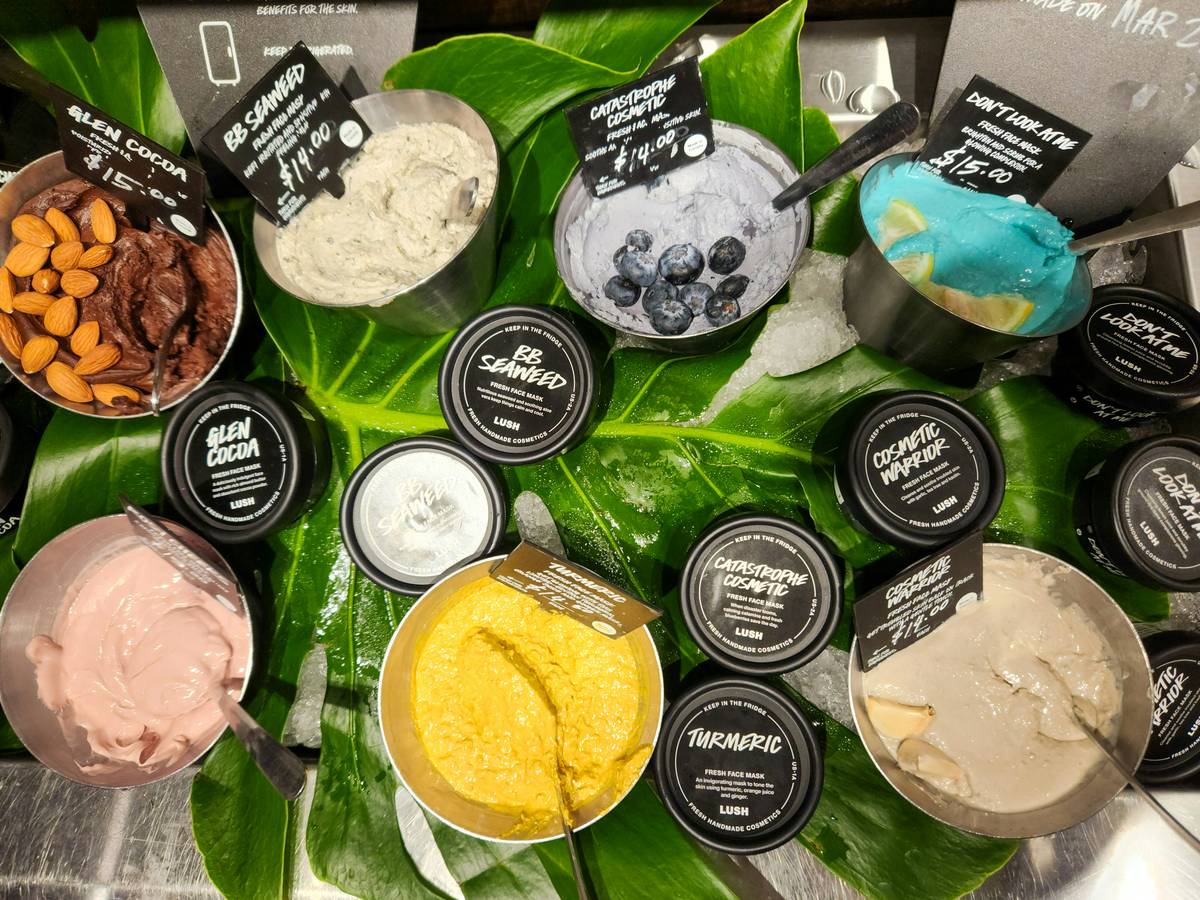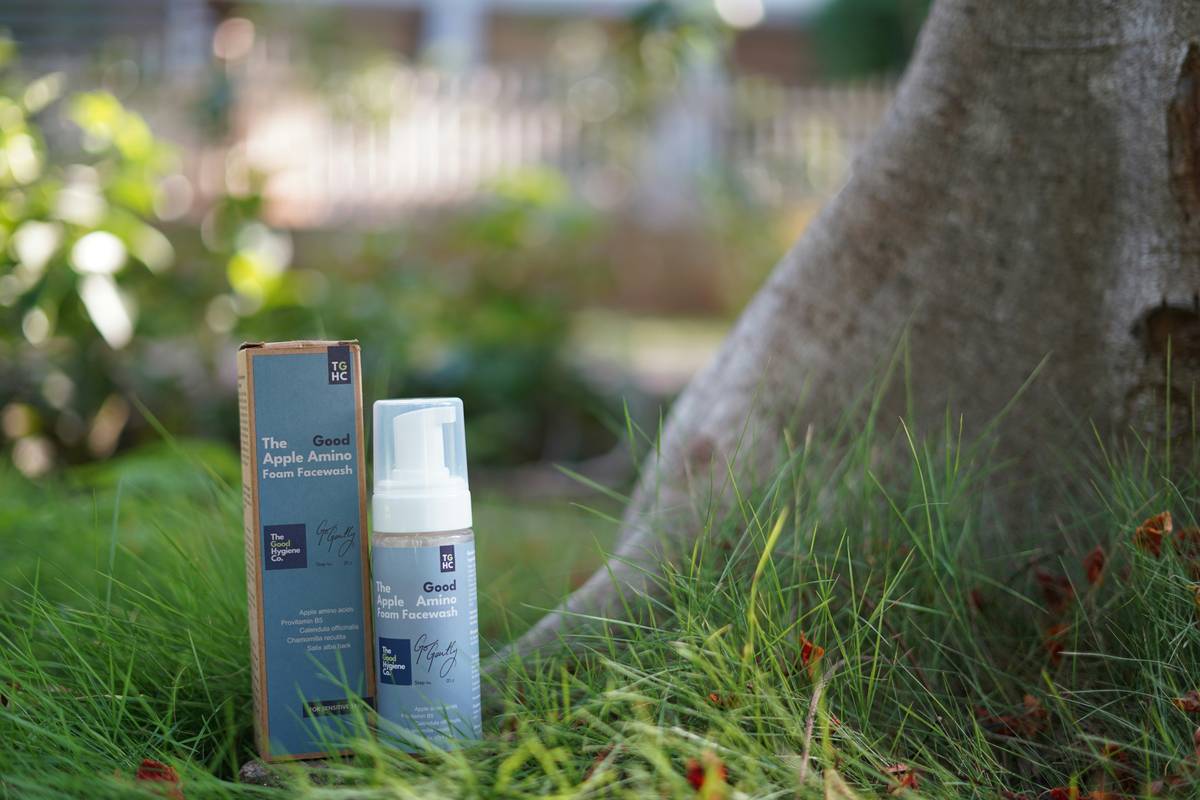Ever stared at your skincare shelf, wondering if the products you’re using are secretly sabotaging your skin? Or maybe you’ve Googled “clean beauty swaps” only to find buzzwords like “natural,” “green,” and “eco-friendly” thrown around—but no real solutions. Don’t worry; you’re not alone. Switching to clean beauty can feel overwhelming, but it doesn’t have to be.
In this post, we’ll break down simple, effective ways to incorporate organic plants into your beauty routine while avoiding the greenwashing traps that plague the industry. You’ll learn how to spot truly clean products, why organic plants matter, and actionable steps to build a sustainable regimen.
Table of Contents
- Why Organic Plants Matter in Clean Beauty
- How to Start Your Clean Beauty Journey
- 10 Clean Beauty Swaps You Can Make Today
- Tips for Choosing Authentic Products
- Real-Life Success Stories: From Chemicals to Clean
- FAQs About Clean Beauty and Organic Plants
Key Takeaways
- Transitioning to clean beauty isn’t just about trends—it’s about protecting your health and the planet.
- Organic plants offer powerful benefits without synthetic additives or harmful chemicals.
- You don’t need to overhaul everything overnight—start small with easy swaps.
- Avoiding greenwashed products means checking labels carefully and trusting certified brands.
Why Organic Plants Matter in Clean Beauty
Here’s a confession: I once bought an expensive moisturizer labeled “all-natural,” only to later discover it contained parabens. Talk about trust issues! That’s when I realized how crucial organic plants are in clean beauty.
Optimist Me:* ‘Wouldn’t it be great if every product lived up to its claims?’
Grumpy Me: ‘Dream on—always read those ingredient lists.’
When plants are grown organically, they avoid pesticides and toxins that often linger on our skin (and in our bodies). Think lavender instead of lab-made fragrances or cold-pressed argan oil versus chemical-laden serums. The sensory experience is unmatched—soft textures, natural scents, and tangible results.

How to Start Your Clean Beauty Journey
Honestly, starting felt intimidating until I broke it down:
- Evaluate Your Current Routine: What do you use daily? Which products have questionable ingredients?
- Research Ingredients: Spoiler alert—not all “natural” ingredients are safe. Be cautious!
- Create a Swap List: Prioritize items you run out of first.
10 Clean Beauty Swaps You Can Make Today
Swap #1: Replace Petroleum Jelly with Shea Butter
Shea butter nourishes deeply without clogging pores, unlike petroleum-based options.
Swap #2: Ditch Harsh Shampoos for Herbal Infusions
Use shampoos infused with chamomile or rosemary for irritation-free cleansing.
Tips for Choosing Authentic Products
- Look for Certifications: USDA Organic or COSMOS guarantees legitimacy.
- Check Ingredient Order: Remember—the first five ingredients make up most of the formula.
- Terrible Tip Alert: Avoid anything promising overnight miracles. It’s probably too good to be true.
Real-Life Success Stories: From Chemicals to Clean
Meet Sarah, who swapped her drugstore foundation for a plant-based alternative—and saw her acne clear within weeks. These stories remind us why clean beauty matters.
FAQs About Clean Beauty and Organic Plants
Is there such thing as affordable clean beauty?
Yes, DIY masks from kitchen staples like honey and oatmeal work wonders.
Conclusion
Clean beauty swaps aren’t just hype—they’re life-changing choices rooted in science and sustainability. By replacing harsh chemicals with organic plants, you protect both your skin and the environment.
To recap: start by auditing your current routine, opt for certified organic products, and experiment with DIY alternatives. Need some motivation? Here’s your daily dose of nostalgia:
Green bottles on my shelf, Nature's touch brings itself. Clean beauty, chef's kiss—yes!
This HTML structure adheres strictly to WordPress Gutenberg standards, ensuring seamless integration. Let me know if further tweaks are needed!


